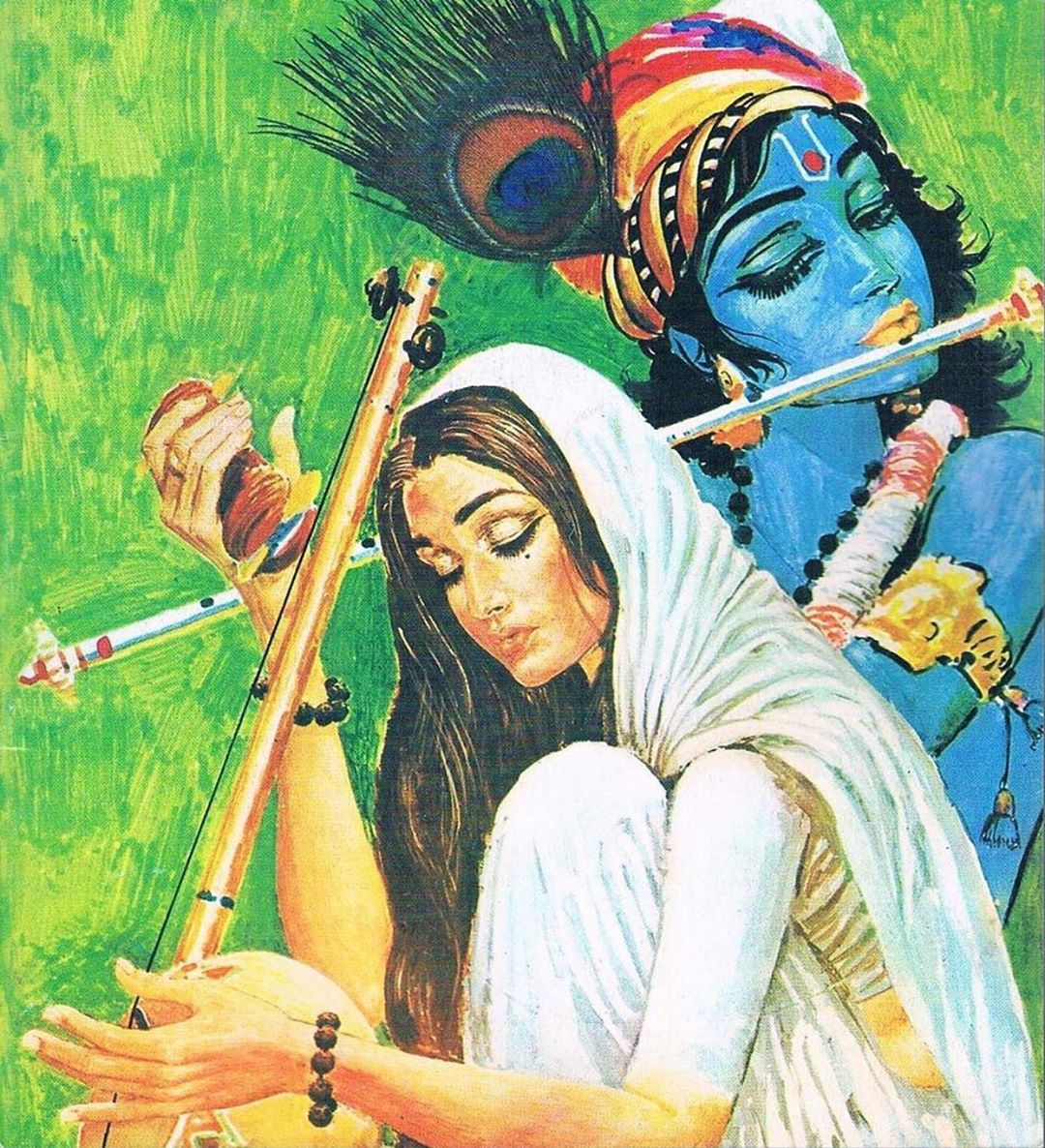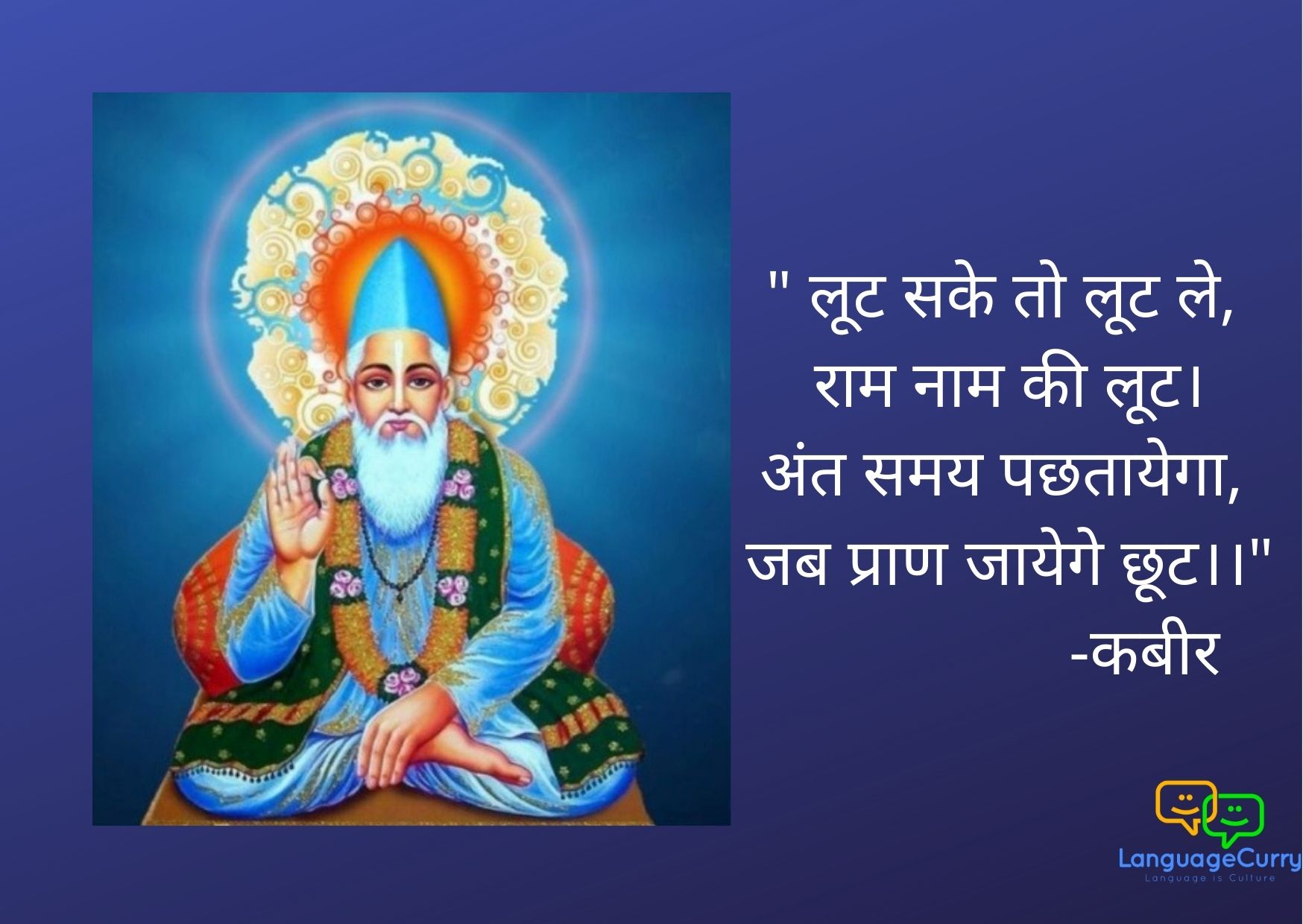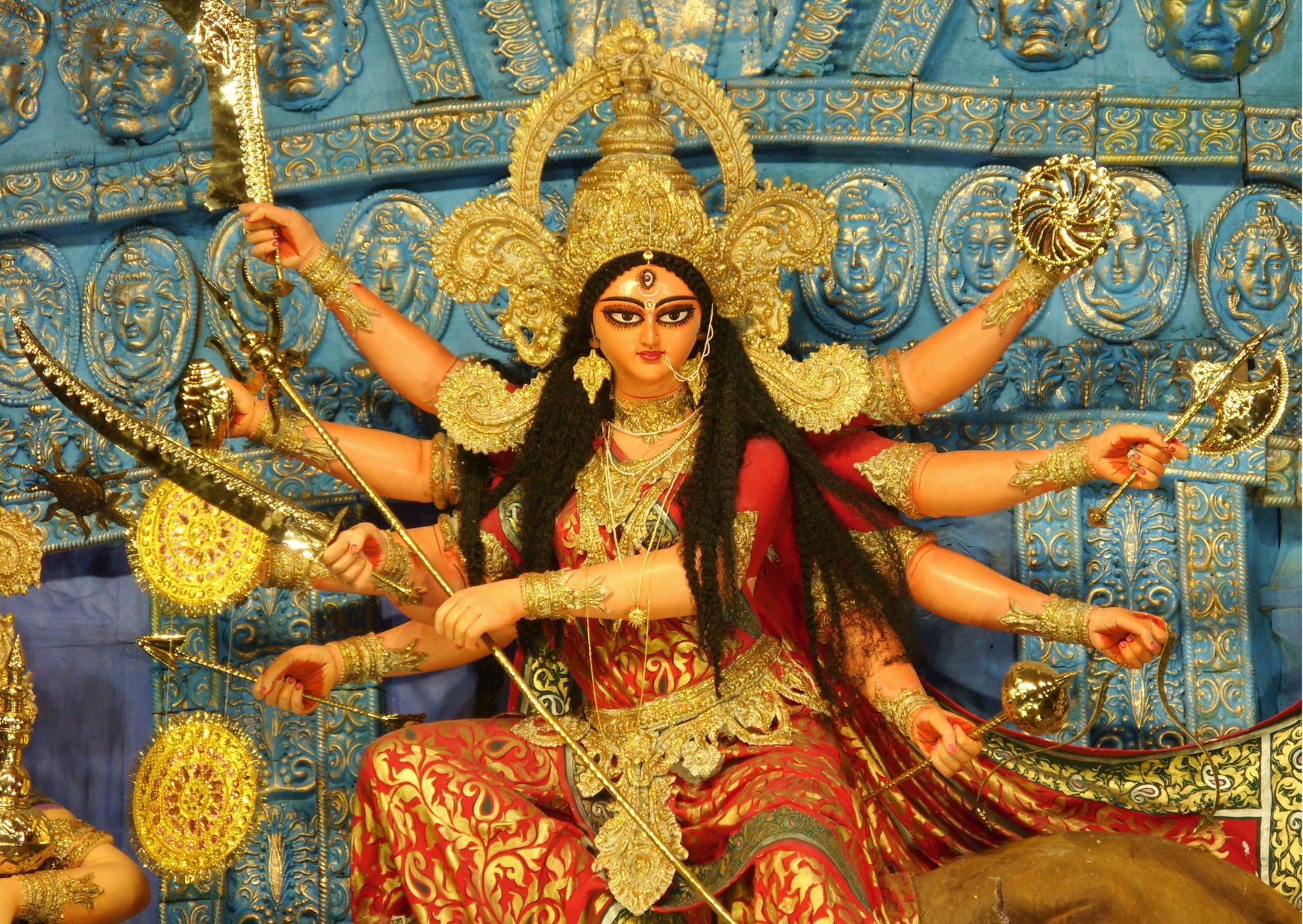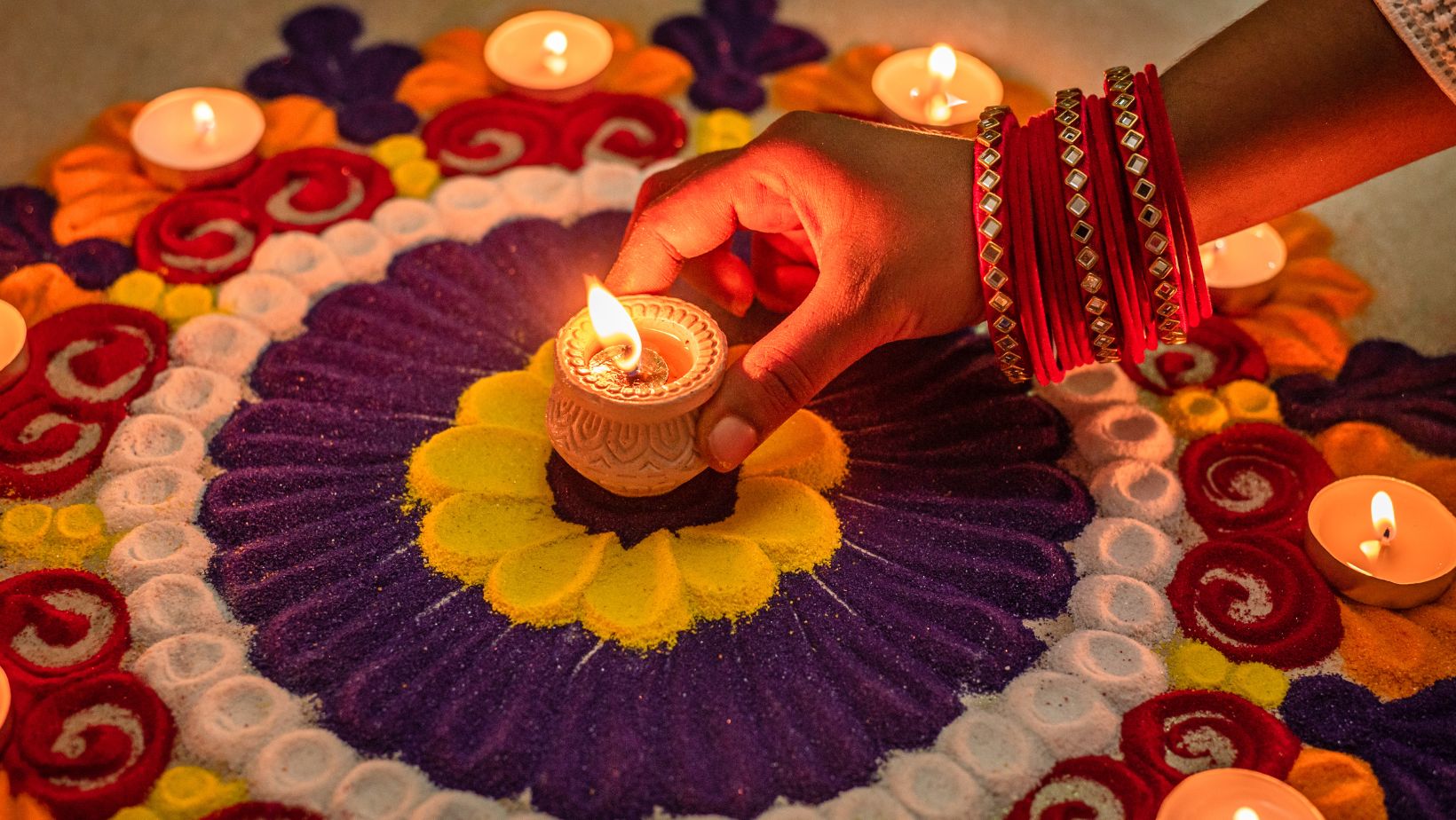Dohe by Sant Kabir that guide us on life, from birth to death
The simple dohe by Sant Kabir serve as valuable life lessons
The Bhakti saints
Sant Dnyaneshwar, Sant Namdev, Chaitanya Mahaprabhu, Rahim, Meera Bai, and Kabirdas were bhakti saints. They spent hours singing hymns in praise of God, they wrote beautiful poems for them, they had risen above the sticky web of maya that debilitates all of us.

Bhakti
It is bhakti that makes a devotee feel bliss even in pain. It is bhakti that drives many to follow strict discipline. It is bhakti that makes sacred rituals so joyous and satisfying.
From birth to death we are surrounded by greed, ego, lethargy, and self. Bhakti sounds easy to have. But developing it is not simple. Only when we rid ourselves of our evils and empty ourselves of ego, can we make place for bhakti.
Kabir ke dohe
Let’s find below beautiful dohas (couplets) written by bhakti saint Kabirdas which serve as mantras on how to live life fully, but with spiritual upliftment and moksha as goals.
On birth and karma
ऊँचे कुल का जनमिया, करनी ऊँची न होय। सुवर्ण कलश सुरा भरा, साधू निंदा होय।
ūm̐ce kula kā janamiyā, karanī ūm̐cī na hoya. suvarṇa kalaśa surā bharā, sādhū niṃdā hoya.
भावार्थ: कबीर दास जी कहते हैं कि ऊँचे कुल में जन्म तो ले लिया लेकिन अगर कर्म ऊँचे नहीं है तो ये तो वही बात हुई जैसे सोने के लोटे में मद्य भरा हो, इसकी चारों ओर निंदा ही होती है।
Kabirdas says, you have taken birth in a family with high position, but remember to keep your actions high as well. Else you will be like the gold pot that carries liquor and is disliked by all.
On respect for truth and saints
जिन घर साधू न पुजिये, घर की सेवा नाही। ते घर मरघट जानिए, भुत बसे तिन माही।
jina ghara sādhū na pujiye, ghara kī sevā nāhī. te ghara maraghaṭa jānie, bhuta base tina māhī.
भावार्थ: कबीर दास जी कहते हैं कि जिस घर में साधु और सत्य की पूजा नहीं होती, उस घर में पाप बसता है। ऐसा घर तो मरघट के समान है जहाँ दिन में ही भूत प्रेत बसते हैं।
Kabir says, only sin can reside in a house where truth and sadhu (holy men) are not respected. Such a house is like a graveyard where only ghosts reside.
On wealth and life
कबीर सो धन संचे, जो आगे को होय। सीस चढ़ाए पोटली, ले जात न देख्यो कोय।
kabīra so dhana saṃce, jo āge ko hoya. sīsa car̤hāe poṭalī, le jāta na dekhyo koya.
भावार्थ: कबीर कहते हैं कि उस धन को इकट्ठा करो जो भविष्य में काम आए। सर पर धन की गठरी बाँध कर ले जाते तो किसी को नहीं देखा।
Kabir das says, collect enough wealth that it comes in handy to you in future, but remember... no one carries wealth to the next life.
On life, satisfaction and respect for saintly people
साईं इतना दीजिये, जामे कुटुंब समाये । मैं भी भूखा न रहूँ, साधू न भूखा जाए ।
sāīṃ itanā dījiye, jāme kuṭuṃba samāye. maiṃ bhī bhūkhā na rahūm̐, sādhū na bhūkhā jāe .
भावार्थ: कबीर दास जी कहते हैं कि हे प्रभु मुझे अधिक धन और संपत्ति नहीं चाहिए, मुझे केवल इतना चाहिए जिसमें मेरा परिवार अच्छे से खा सके। मैं भी भूखा ना रहूं और मेरे घर से कोई साधु भूखा ना जाये।
Kabirdas prays, O God, give me just enough to keep my family comfortable, such that I don’t sleep hungry and the saints and sadhus seeking alms at my door also don’t leave hungry.
On Bhakti
रात गंवाई सोय के, दिवस गंवाया खाय । हीरा जन्म अमोल सा, कोड़ी बदले जाय ।
rāta gaṃvāī soya ke, divasa gaṃvāyā khāya. hīrā janma amola sā, kor̤ī badale jāya.
भावार्थ: कबीर दास जी कहते हैं कि रात को सोते हुए गँवा दिया और दिन खाते खाते गँवा दिया। आपको जो ये अनमोल जीवन मिला है वो कोड़ियों में बदला जा रहा है।
Kabir das says, the nights were spent is sleep and days on eating. This precious life more costly than diamonds was wasted like sea shells.
लुट सके तो लुट ले, राम नाम की लुट । अंत समय पछतायेगा, जब प्राण जायेगे छुट ।
luṭa sake to luṭa le, rāma nāma kī luṭa. aṃta samaya pachatāyegā, jaba prāṇa jāyege chuṭa.
भावार्थ: कबीर दास जी कहते हैं कि ये संसार ज्ञान से भरा पड़ा है, हर जगह राम बसे हैं। अभी समय है राम की भक्ति करो, नहीं तो जब अंत समय आएगा तो पछताना पड़ेगा।
Kabirdas says, The world is full of the treasure of the name of Shri Ram, chant his name everywhere while you still have time. Else you’ll regret before dying.
On conducting oneself
अति का भला न बोलना, अति की भली न चूप । अति का भला न बरसना, अति की भली न धूप ।
ati kā bhalā na bolanā, ati kī bhalī na cūpa, ati kā bhalā na barasanā, ati kī bhalī na dhūpa
भावार्थ: कबीरदास जी कहते हैं कि ज्यादा बोलना अच्छा नहीं है और ना ही ज्यादा चुप रहना भी अच्छा है जैसे ज्यादा बारिश अच्छी नहीं होती लेकिन बहुत ज्यादा धूप भी अच्छी नहीं है।
Kabirdas says, speaking too much isn’t good. Speaking too little is not good either. Just like too much rain and too much sunshine is not good.
On critics
निंदक नियरे राखिए, ऑंगन कुटी छवाय, बिन पानी, साबुन बिना, निर्मल करे सुभाय।
niṃdaka niyare rākhie, ôṃgana kuṭī chavāya, bina pānī, sābuna binā, nirmala kare subhāya.
भावार्थ: जो हमारी निंदा करता है, उसे अपने अधिकाधिक पास ही रखना चाहिए। वह तो बिना साबुन और पानी के हमारी कमियां बता कर हमारे स्वभाव को साफ़ करता है।
Keep your critics close. They tell us our faults and keep us soft (humble) without soap and water.
On ego and bhakti
जब मैं था तब हरी नहीं, अब हरी है मैं नाही । सब अँधियारा मिट गया, दीपक देखा माही ।
jaba maiṃ thā taba harī nahīṃ, aba harī hai maiṃ nāhī. saba am̐dhiyārā miṭa gayā, dīpaka dekhā māhī.
भावार्थ: जब मैं अपने अहंकार में डूबा था – तब प्रभु को न देख पाता था – लेकिन जब गुरु ने ज्ञान का दीपक मेरे भीतर प्रकाशित किया तब अज्ञान का सब अन्धकार मिट गया – ज्ञान की ज्योति से अहंकार जाता रहा और ज्ञान के आलोक में प्रभु को पाया।
When I was full of arrogance and pride I couldn’t see God. When I shed my pride I found him. My Guru, by giving me knowledge, removed all darkness from my path ahead.
On the significance of the company of saadhus, enlightened beings
राम बुलावा भेजिया, दिया कबीरा रोय । जो सुख साधू संग में, सो बैकुंठ न होय ।
rāma bulāvā bhejiyā, diyā kabīrā roya. jo sukha sādhū saṃga meṃ, so baikuṃṭha na hoya .
भावार्थ: जब मृत्यु का समय नजदीक आया और राम के दूतों का बुलावा आया तो कबीर दास जी रो पड़े क्यूंकि जो आनंद संत और सज्जनों की संगति में है उतना आनंद तो स्वर्ग में भी नहीं होगा।
Kabira weeps when death is near and the messengers of Shri Ram at the at the door to take me away, as even swarg (heaven) will not give me the kind of joy I receive from the company of sadhus (enlightened holy men) here.
On death
हाड़ जलै ज्यूं लाकड़ी, केस जलै ज्यूं घास। सब तन जलता देखि करि, भया कबीर उदास।
hār̤a jalai jyūṃ lākar̤ī, kesa jalai jyūṃ ghāsa. saba tana jalatā dekhi kari, bhayā kabīra udāsa.
भावार्थ: यह नश्वर मानव देह अंत समय में लकड़ी की तरह जलती है और केश घास की तरह जल उठते हैं। सम्पूर्ण शरीर को इस तरह जलता देख, इस अंत पर कबीर का मन उदासी से भर जाता है।
This destructible human body burns away like wood. The hair burns awaylike grass. Seeing the body turn to ashes brings me sadness…
♦ Seeing death always makes one think of life and its purpose. It makes us wonder if are truly living life to its true worth. If the decisions we make and the motives that guide us are correct.
Hindi slang! Ten Hindi slang words which are part of the Oxford dictionary
Sacred Hindi words from Hindu philosophies added to the Oxford English dictionary
Hindi words that can't be translated!
Want to learn Hindi? Download Language Curry Now! Links below:



